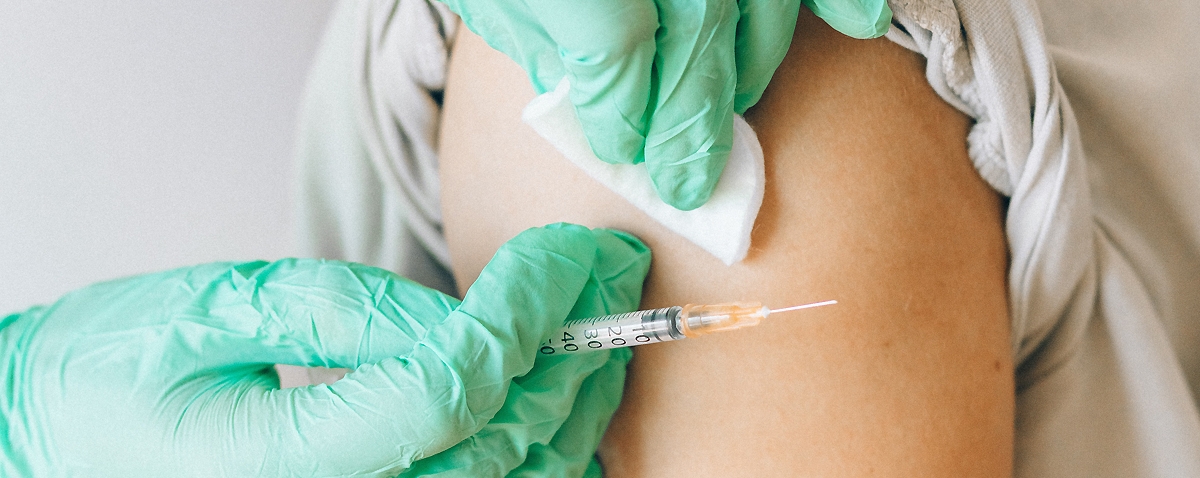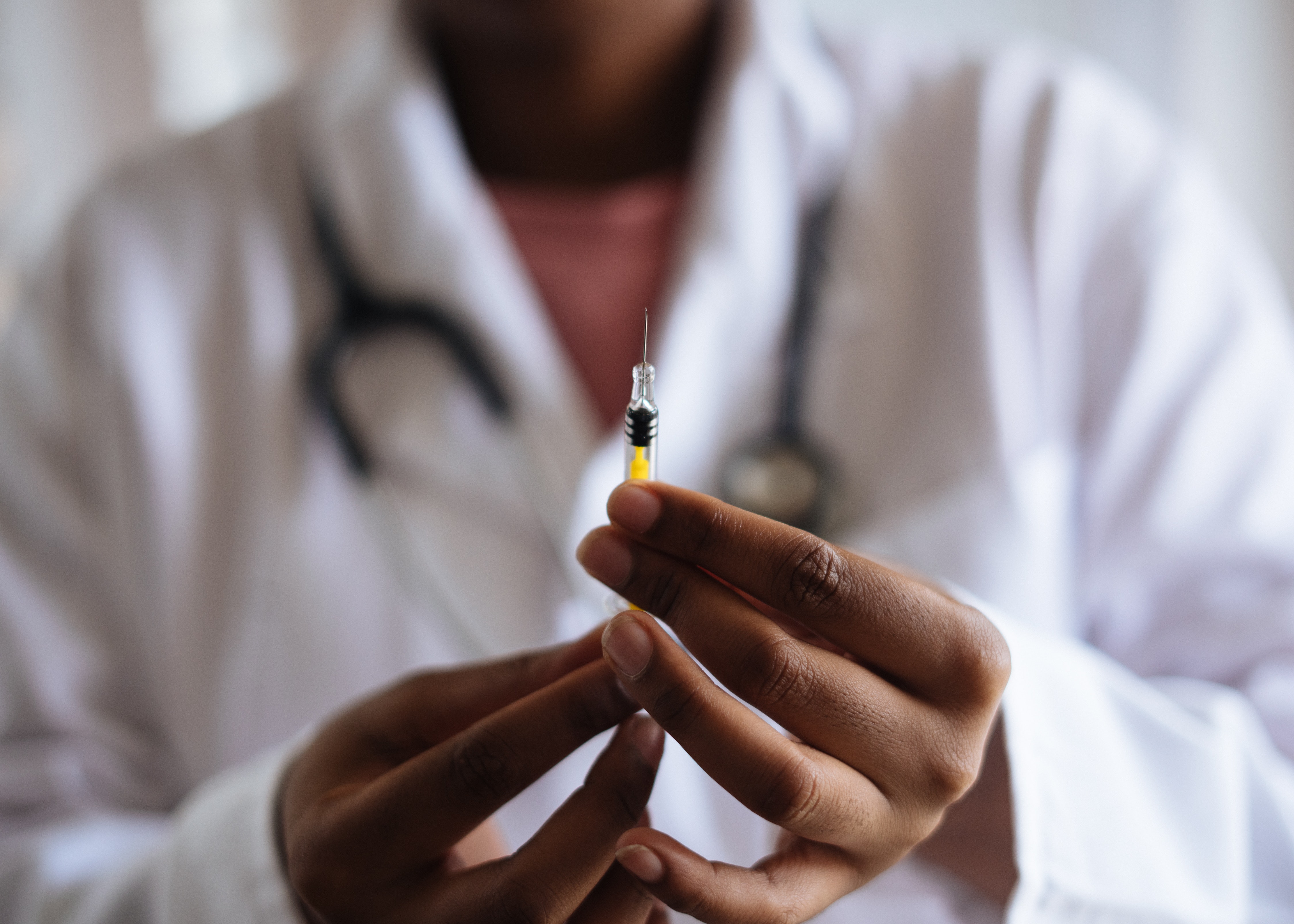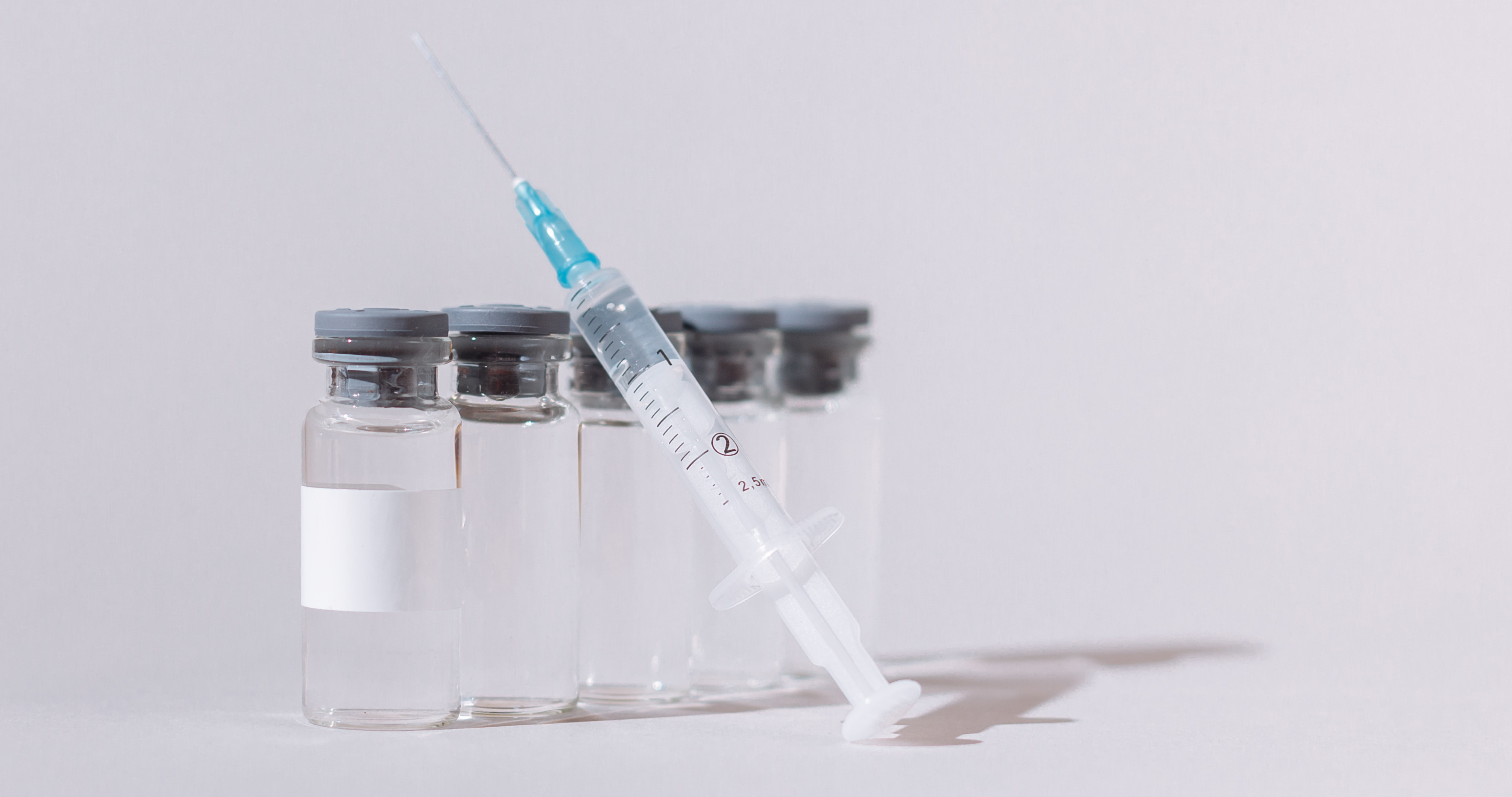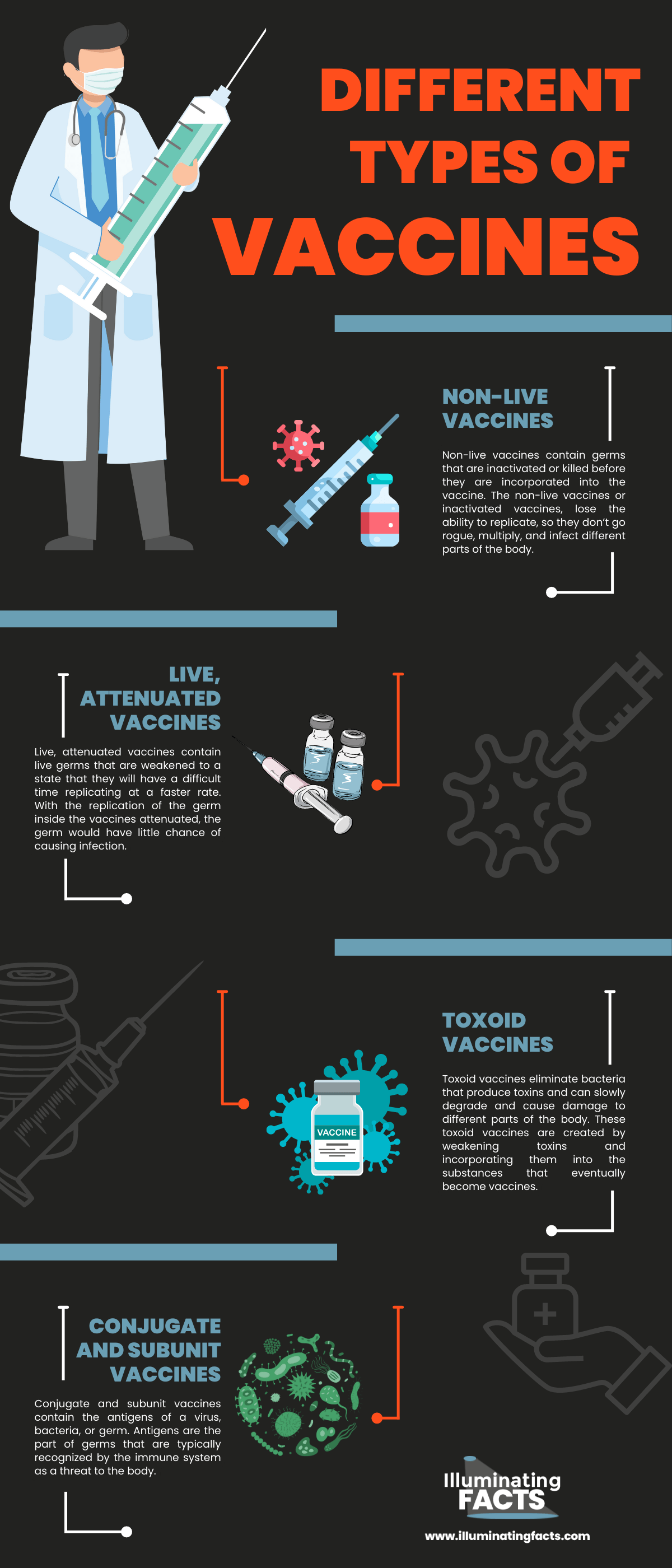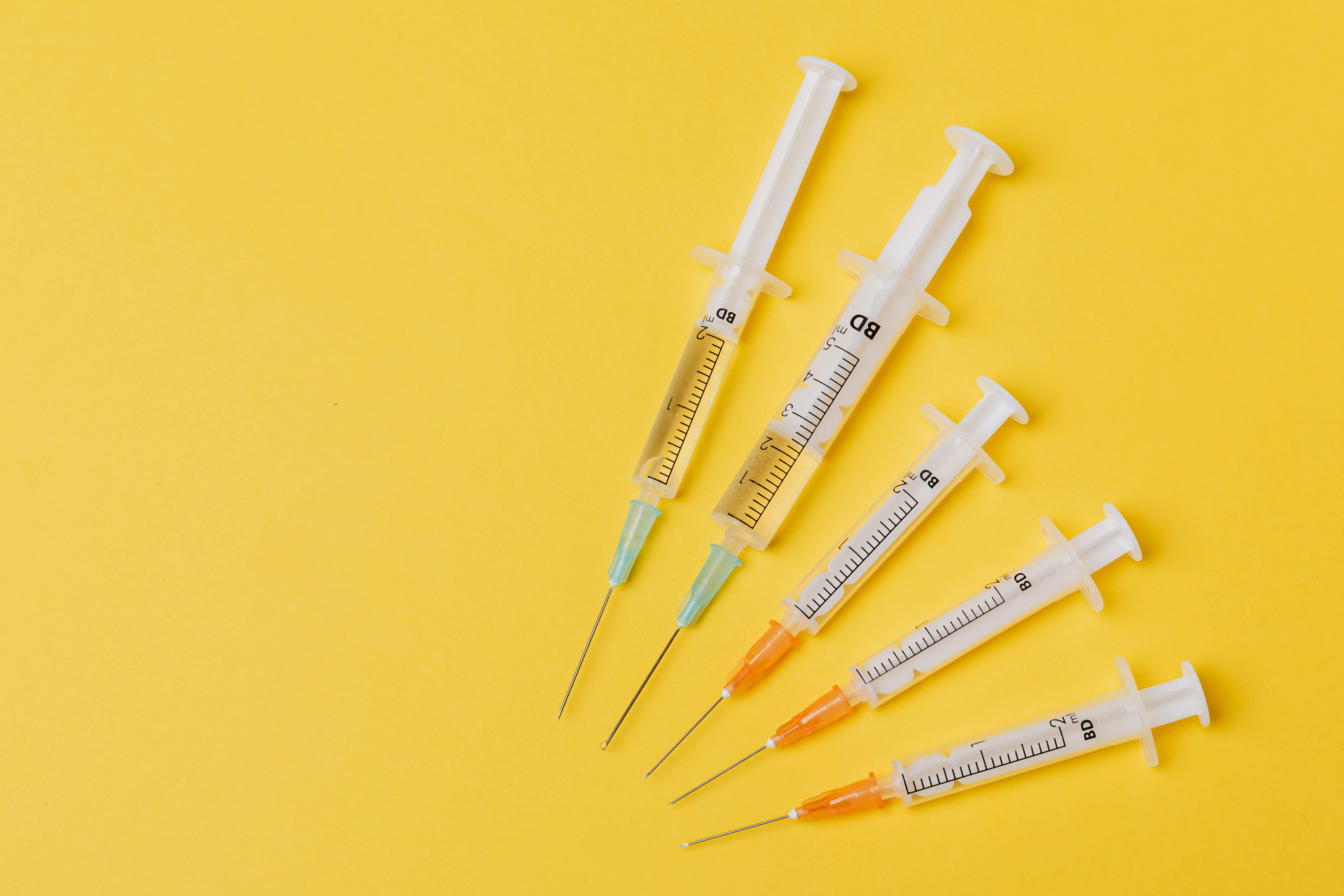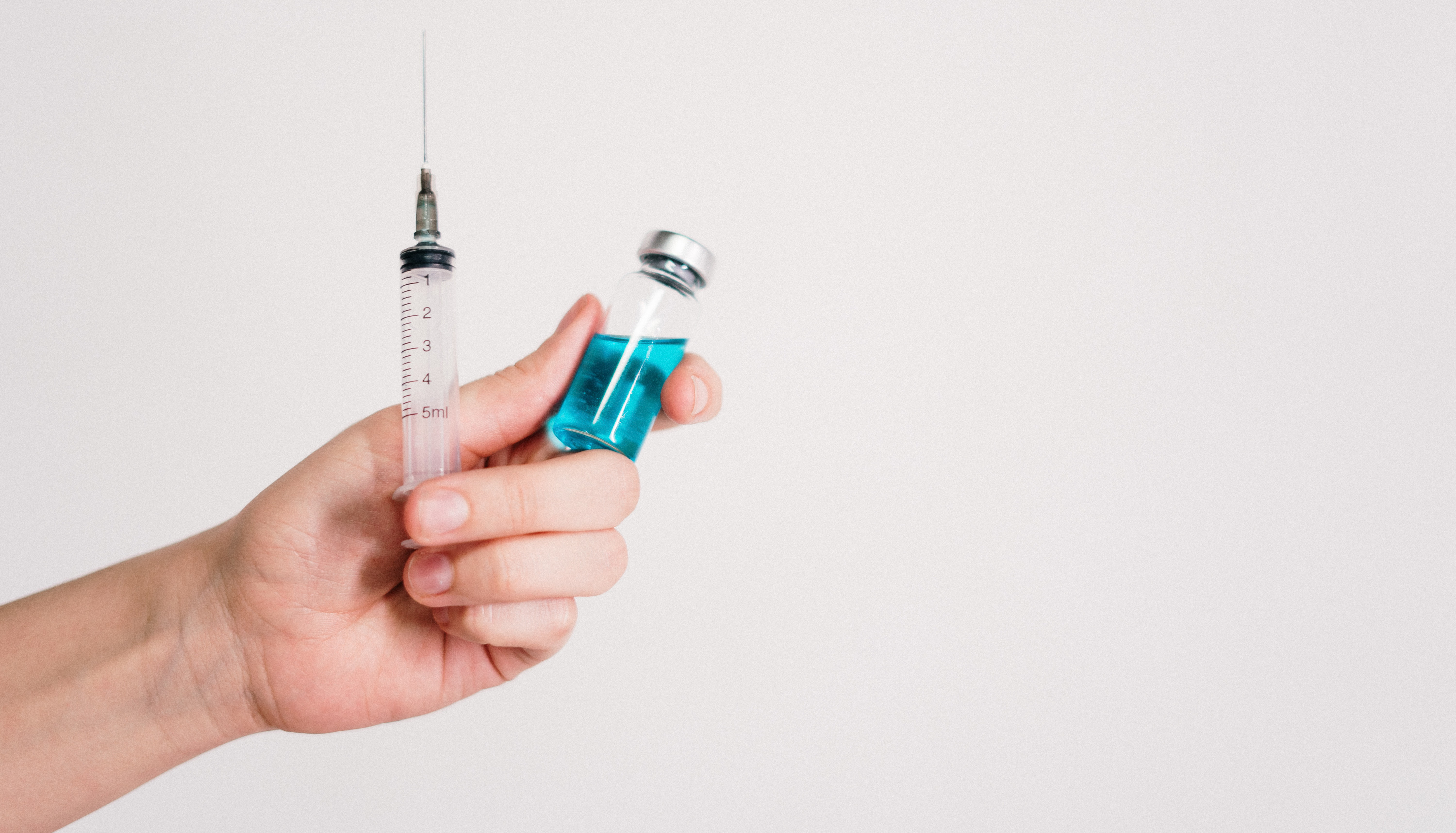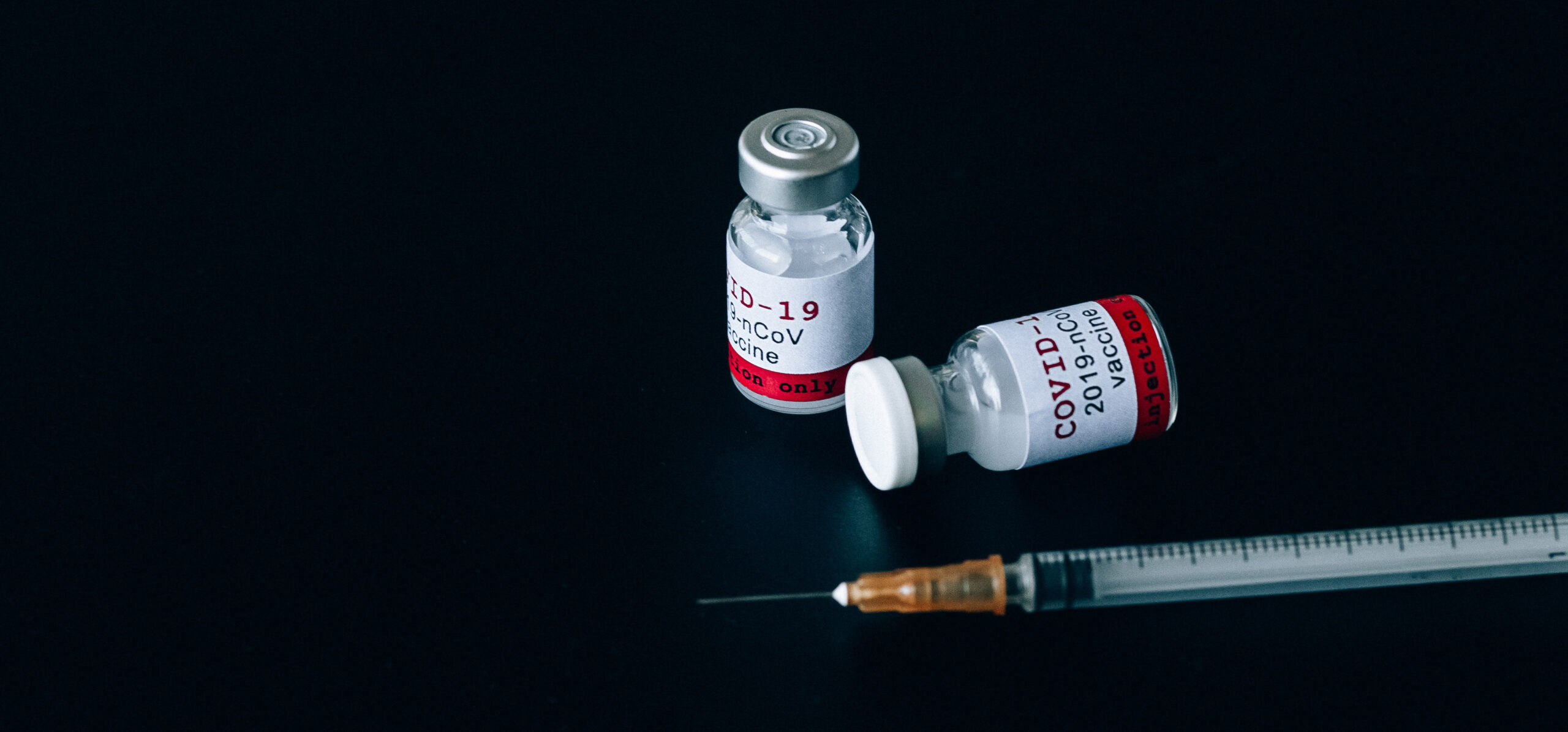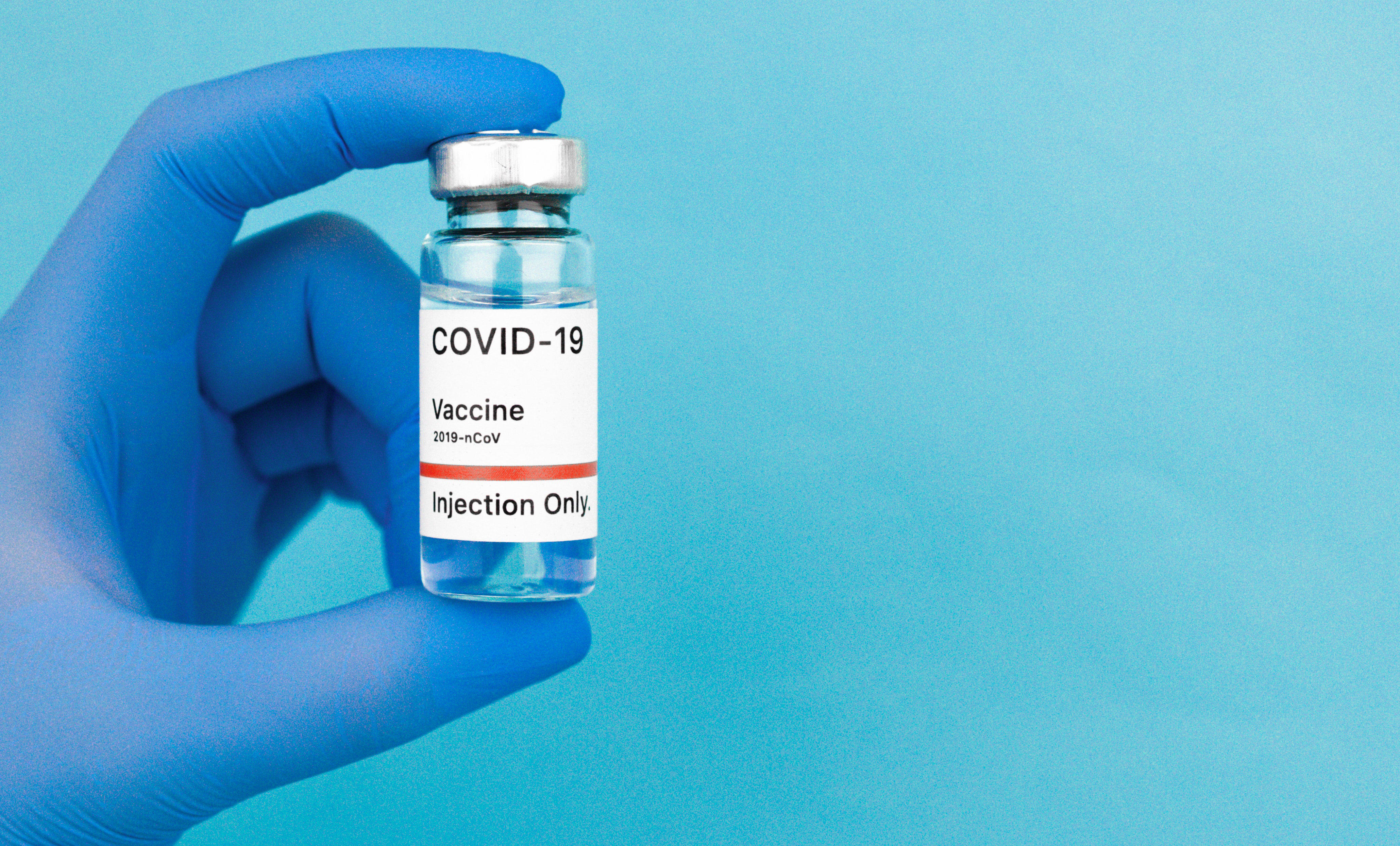Even before the uproar surrounding COVID-19, concerns about the safety and reliability of vaccines were already expressed by people around the world. In fact, the effectiveness of vaccines is one of the most controversial topics that have never really died down over the years.
Many strong and valid arguments are raised against vaccines, but there are also facts and studies that strongly support their use. . While vaccines remain controversial after many decades, they are still legally administered to millions of people because of their potency in preventing and fighting diseases.
When you are vaccinated, how does your body react to it? And what does it do to the immune system so that it can resist specific illnesses? To know more, here is information about vaccines and how your body responds to them..
What is a Vaccine?
A vaccine enables your immune system to fight infectious diseases.. In order for a vaccine to help the immune system combat viruses and infections , it typically resembles a specific virus or germ, and is made from a modified version of the virus or germ that is weakened or killed. [1]
The vaccine will then help the body fight off the infection or virus and develop immunity against such germs in the future.
Origins of Vaccines
The origins of vaccines can be traced back to 1796, when an English physician named Edward Jenner successfully created an effective vaccine against smallpox, which is an infectious disease that became an epidemic during the 1600s and 1700s, particularly among children and teenagers.
Through his findings, Jenner concluded that infecting people with cowpox, a disease that affects cows and other animals, was an effective but less dangerous way to inoculate humans. The smallpox medication formulated by Jenner would become the world’s first vaccine. Interestingly, the term “vaccine” is derived from the Latin word “vacca,” which means “cow” in English. [2]
What Happens to Your Immune System After a Vaccine Shot?
In order for us to have a better understanding of what happens to our immune system, we must first learn how our body fights viruses, bacteria, and other harmful elements to avoid diseases. Whenever a minor infection occurs on an open wound or an opening in our body (like our ears, nose, and mouth), our immune system detects the cause of the infection and does its best to eliminate that cause.
For them to fight off the germs or viruses that cause harm to our body, the immune system utilizes three types of white blood cells that perform different actions during the battle against infection. Here are descriptions for those types of white blood cells:
- Macrophages – are the white blood cells that ingest germs and dead cells. When the germs are digested, the macrophages will leave antigens, which are the leftover parts of the digested germs. These antigens will be identified as a threat by the immune system, which will then trigger other immune cells to eliminate the germs that carry the antigens. [3]
- T-Lymphocytes – are defensive white blood cells that memorize germs so that when those germs come back, they will automatically detect the threat and call the attention of immune cells and white blood cells.
- B-Lymphocytes – these white blood cells are responsible for producing antibodies that fight viruses, bacteria, and germs to prevent the infection from worsening.
If the infection in the body is spreading fast, it may take a couple of days or even weeks for the immune system to fully eliminate the harmful elements causing the infection. However, the immune system’s ability to quickly dispatch germs would depend on how familiar it is with the specific germs. So, when there is a new virus or bacteria that infects a part of your body, then the immune system may have difficulties fighting the infection.
In order to prevent the immune system from having difficulties fighting infection, especially against strong bacteria and viruses, it would need the help of vaccines. The vaccines, as we have stated previously, have an agent that imitates a specific germ, which will then help the immune system to become familiarized with the germ so that it will have a much easier time eliminating batches or groups of that germ later.
It is important to note that some vaccines may have side effects like fever and colds, as the agent that is inside each of these vaccines is still a virus or bacterium at its core. In addition, it would take a few days or weeks for the immune system to become familiar with the agent in the vaccine. So, even if you have taken a vaccine for a certain disease, there is still a high chance for you to get the disease a few days or weeks after getting the vaccine for it.
Different Types of Vaccines
The following are some of the different types of vaccines that are used to help immune systems fight off the germs that cause infectious diseases. The type of vaccine used depends upon many factors including how they should be developed, who will be vaccinated, and how the sick individual will respond.
Non-Live Vaccines
Non-live vaccines contain germs that are inactivated or killed before they are incorporated into the vaccine. The non-live vaccines or inactivated vaccines, lose the ability to replicate, so they don’t go rogue, multiply, and infect different parts of the body.
So, there is a very low chance that the inactivated germs can infect you. However, the downside to non-live vaccines is that you would usually need to take a couple of doses or boosters of the same vaccine in order for it to be more effective.
Live, Attenuated Vaccines
Live, attenuated vaccines contain live germs that are weakened to a state that they will have a difficult time replicating at a faster rate. With the replication of the germ inside the vaccines attenuated, the germ would have little chance of causing infection.
Because the vaccines use agents or imitations that can replicate (but in a slower manner), the immune system will have a much faster time familiarizing itself with the replicated germ since it has multiple samples to recognize, memorize, and eliminate. With live, attenuated vaccines, you wouldn’t need to get multiple shots or boosters for them to be effective.
However, there will still be situations where the live germ in the vaccines could recover from its weakened state and start replicating at a normal speed.the probability of this happening is very low.
Toxoid Vaccines
Toxoid vaccines eliminate bacteria that produce toxins and can slowly degrade and cause damage to different parts of the body. These toxoid vaccines are created by weakening toxins and incorporating them into the substances that eventually become vaccines. [4]
These weakened toxins are popularly called toxoids, and when the immune system comes in contact with these toxoids, it treats the foreign elements as a threat. Then, the immune system memorizes the toxoids’ composition so that it can have a faster time eliminating similar toxins that may invade or infect the body.
Conjugate and Subunit Vaccines
Conjugate and subunit vaccines contain the antigens of a virus, bacteria, or germ. Antigens are the part of germs that are typically recognized by the immune system as a threat to the body. So, they are usually the only ones that are needed in order to trigger the immune system and to eliminate and memorize certain harmful elements.
Subunit vaccines are made from pure antigens, while conjugate vaccines use antigens that are coated with polysaccharides, which are sugar-like substances that often hide the antigen from the immune system. [3] With the polysaccharides included in conjugate vaccines, the immune system will have an easier time recognizing the polysaccharides as a threat so that these substances won’t cause problems in the future.
Vaccine Controversy – the Anti-Vax Movement
Despite the proven effectiveness of vaccines against highly infectious and deadly diseases, there are still plenty of people that are opposed to them,and believe they can cause more harm than good.
The fight against vaccines, popularly known as the “anti-vax movement,” grew exponentially during the height of the COVID-19 pandemic from 2020 to 2022. Many people believed that the COVID-19 vaccines lacked proper testing and may have side effects. However, what many people don’t know is that the anti-vax movement already existed before the COVID-19 pandemic. In fact, the movement started right after the creation of the very first vaccine.
Origins of the Anti-Vax Movement
The anti-vax movement started in the 1800s, just a few years after Edward Jenner introduced the first vaccine for smallpox in 1796. The people that were against the smallpox vaccine had many reasons why they resented Jenner’s invention.
Some people thought vaccines hurt children, because it required scoring the flesh on the arms. While others believed that t vaccines were “unchristian” because they originated from a disease of an animal. Because of how new Jenner’s creation was in the medical world during that time, there were also many doctors and practitioners in the medical field that were skeptical about the effectiveness of vaccines. [5]
The anti-vax movement grew even larger when the English government created mandatory vaccine policies to force people to take the vaccine and stop the smallpox epidemic. Because of these mandatory vaccine policies, many groups that were against vaccines began pushing for studies that would prove or disprove their effectiveness.. The mandatory vaccine policies were eventually removed in the late 1890s, but numerous studies during that time have shown that the smallpox vaccine was indeed effective in preventing this deadly illness.
The COVID-19 Anti-Vax Movement
Even though approximately 12.7 billion COVID-19 vaccines were administered around the world, there are still people who refuse to get vaccinated.. Many hotly debate the effectiveness of COVID-19 vaccines since people continue to get breakthrough infections. [6] Despite these objections, the symptoms of COVID-19 appear to be weakened in those who have received the vaccine..
e..Vaccines are an effective means of fighting diseases and other illnesses that can cause pandemics or epidemics in different countries. Hopefully time and education will address the fears that many people have regarding their use. However, it is important that people continue to have the freedom to make an informed decision about vaccinations and that everyone is provided with good and accurate information about their safety and effectiveness.
References
[1] MedlinePlus. (n.d.). Vaccines – Also called: Immunization, Vaccination. National Library of Medicine. Retrieved February 6, 2023, from https://medlineplus.gov/vaccines.html
[2] World Health Organization. (n.d.). A Brief History of Vaccination. World Health Organization. Retrieved February 6, 2023, from https://www.who.int/news-room/spotlight/history-of-vaccination/a-brief-history-of-vaccination
[3] Centers for Disease Control and Prevention. (2022, May 23). Understanding How Vaccines Work | CDC. Centers for Disease Control and Prevention. Retrieved February 6, 2023, from https://www.cdc.gov/vaccines/hcp/conversations/understanding-vacc-work.html
[4] History of Vaccines. (n.d.) Different Types of Vaccines. History of Vaccines. Retrieved February 6, 2023, from https://historyofvaccines.org/vaccines-101/what-do-vaccines-do/different-types-vaccines
[5] History of Vaccines. (n.d.) History of Anti-Vaccination Movements. History of Vaccines. Retrieved February 6, 2023, from https://historyofvaccines.org/vaccines-101/misconceptions-about-vaccines/history-anti-vaccination-movements
[6] Mayo Clinic Staff. (2022, August 25). Fully vaccinated? Get the facts. Mayo Clinic. Retrieved February 6, 2023, from https://www.mayoclinic.org/coronavirus-covid-19/fully-vaccinated

